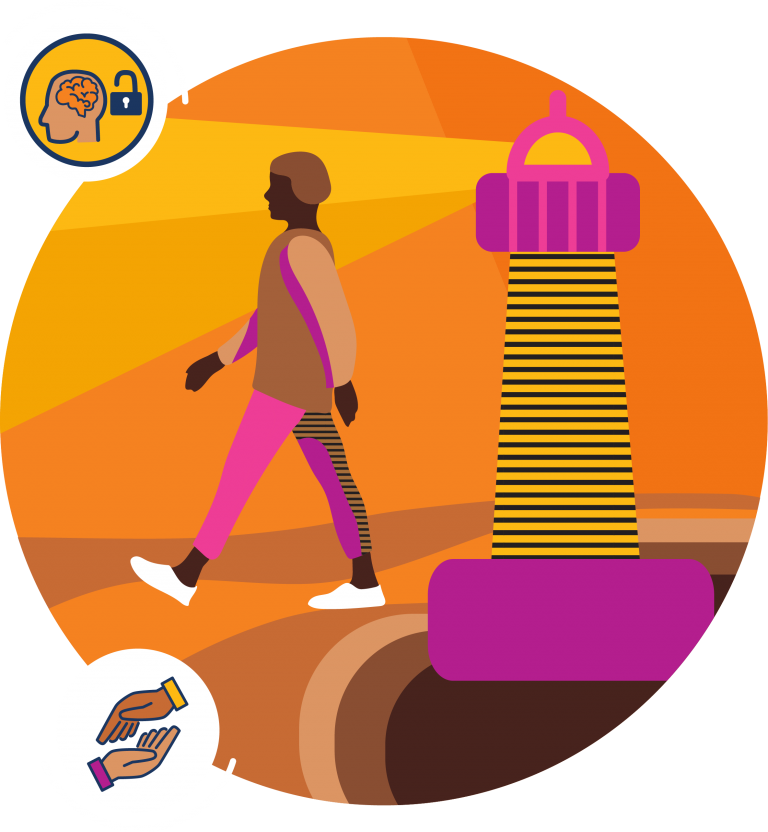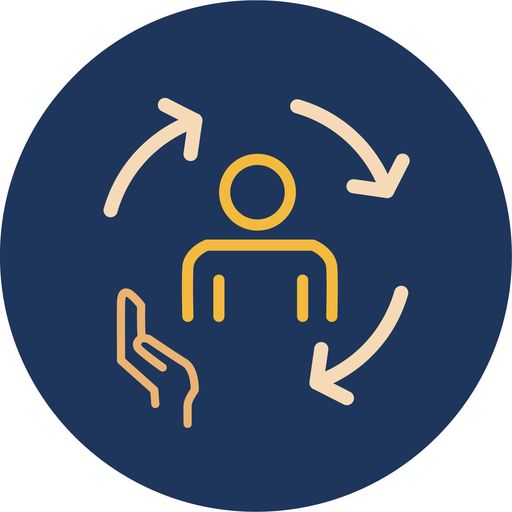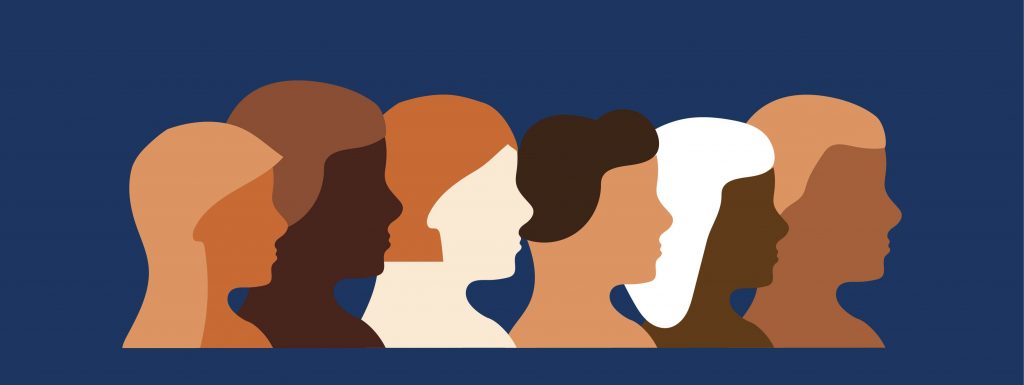Providing behaviour support services to remove the need for challenging or difficult behaviour.
We work with people who have need for behaviour services in a variety of settings.
We support people with developmental delay, intellectual disability, cognitive impairment, acquired brain injury, dementia, development disabilities or a diagnosis of Down syndrome or Autism spectrum disorder (ASD). We also support children and young people who have experienced trauma. In fact, we can assist anyone who wants to change their behaviour.

Some behaviours can be challenging
Challenging behaviours are generally behaviours that interfere with a person’s safety or their ability to participate in the community. Examples of challenging behaviours include:
Withdrawn behaviours — such as shyness, rocking, or anxiety.
Disruptive behaviours — such as tantrums, screaming, or refusing to follow instructions.
Violent and unsafe behaviours — such as head banging, scratching, breaking things, or hurting other people.
Inappropriate social behaviours — such as stealing, inappropriate touching, or taking clothes off in public.
At lojic institute, our behaviour services support the development of positive behaviour, including skills for life.


It’s time to get help
Behaviour difficulties can lead to peer rejection and social isolation, poor academic outcomes, and stress and anxiety. It can limit a person’s ability to participate in and enjoy everyday activities.
Parents and carers can often feel powerless or frustrated trying to help a person displaying concerning behaviour. You may have already tried different ways to manage the behaviour. Many people feel they’ve reached the end of their knowledge and skills.
Get a personal plan for change
If you’re caring for somebody with challenging behaviour, Lojic Institute can help.
Our professional team uses principles of Applied Behaviour Analysis (ABA) to teach new skills and behaviours, and discourage inappropriate ones. We look at what motivates people to think and act the way they do, and how we can work with them to bring about change.
At Lojic Institute, we understand every person is unique. We provide behaviour interventions for people of all ages and developmental levels.
Get the support you need, when you need it.
We know it can be difficult to find help quickly. And you shouldn’t have to wait. We’ll respond to your enquiry within two days and book your first session within a fortnight.

